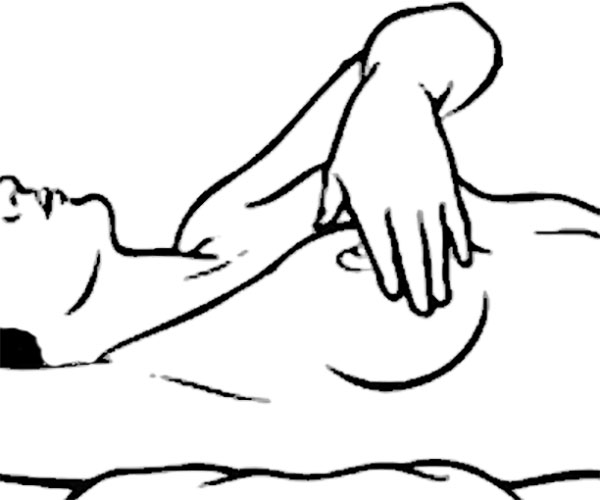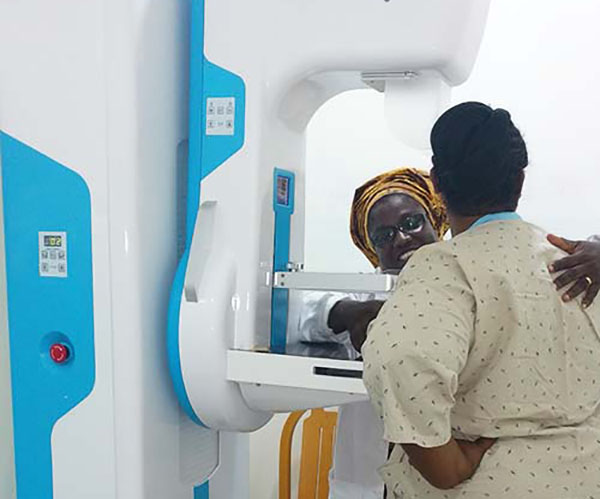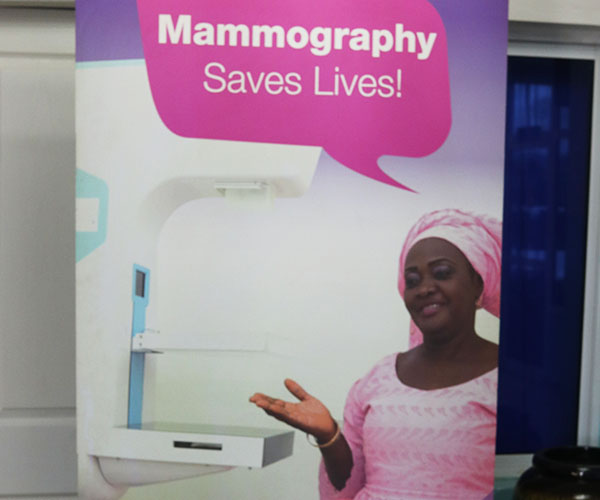Frequently Asked Questions (FAQs)
Breast Cancer
Breast cancer is when abnormal cells in the breast grow uncontrollably to form a tumour or lump. These lumps are usually painless.
If not treated on time, the tumour could grow bigger and the cancer could spread to other parts of the body.
You should know that not all lumps are cancerous. Consult your doctor if you find any new lump in your breast.
In The Gambia, breast cancer is the 2nd most common type of cancer among women and accounts for 14.9 per cent of all cancers that affect women. The death toll is high. Out of 101 new cases, 50 women died from the disease in 2022 alone.
Global Cancer Observatory (2022)
Like many other non-communicable diseases, preventing breast cancer requires a combination of actions including:
- Performing a self-breast examination once a month to look for lumps and other abnormalities (see self-breast examination)
- Having a mammography screening at least once every two years to detect lumps and other abnormalities that are too small to feel
- Consult your doctor on the frequency of breast examinations and mammography screenings as you get older
- Eating a healthy diet
- Stop smoking
- Reduce or stop drinking alcohol
- Exercising/ keeping active and maintaining a healthy weight
- Find out if there is any history of breast or ovarian cancer in your family
You must watch out for any changes occurring to your breast.
Consult your doctor if you notice one or more of these symptoms:
- A firm lump in the swell of your breast or armpit that was not there before
- A change in the way your breast normally looks or feels; one breast may be bigger
- A change in the shape or position of your nipple (e.g. inverted nipple, rashes) or skin (e.g. dimpling; redness on lighter skin tone)
- Discharge from your nipple when you are not pregnant or lactating
- Persistent breast pain
Your doctor will conduct investigations and tests to determine whether you have cancer and the severity of your cancer. These may include a mammography screening using X-ray technology or a biopsy where tiny cell samples are extracted from your breast to test for cancer.
Being told that you have breast cancer can be a scary experience. Do not worry, your doctor will make sure that you have all the information you need about what to do next and what kind of support is available.
You should also use this opportunity to ask questions and learn all you can about the disease.
Yes. Most breast cancers can be cured if detected early and treated on time.
Several factors will determine the type of treatment you may need. These include:
- The type of cancer you have
- The size of the tumour
- The location of the tumour
- The severity of the cancer (whether it has spread and how far)
Depending on your condition, the different types of treatment available are:
- Surgery including the removal of cancerous areas of the breast (lumpectomy), the removal of the entire breast (mastectomy), or the removal of cancer cells from lymph nodes in your armpit
- Chemotherapy where drugs are used to kill the cancer cells
- Radiotherapy where intense energy X-ray beams are used to kill the cancer cells
- Hormone therapy where the amount of hormones in your body is reduced to prevent them stimulating the growth of cancer cells
At BAFROW Medical Centre, we provide routine information and counselling, and conduct health education sessions about breast cancer for positive behaviour and lifestyle change as well as to dispel myths that promote stigma.
We conduct breast examinations for women aged 20 years old and above, and provide mammography screenings to at-risk patients (40 years old and above) or on request for early detection and timely response.
We also provide surgical services (lumpectomy and mastectomy) and refer all other confirmed cases for treatment and care.
It is easy. Just click on the link below and follow the steps.
You can examine your breast lying down, standing up or by using both methods.
The best time to conduct a breast examination is between 3 to 5 days after you begin your period as most women tend to have less swelling and tenderness in their breasts during this period.
Self-breast examination




